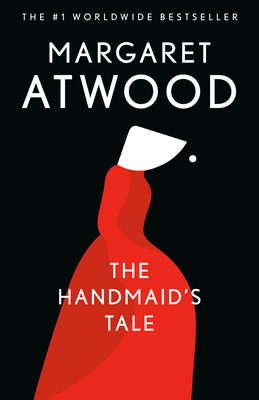Wilton Barnhardt's touching, often laugh-out-loud funny Lookaway, Lookaway probes the history of a clan so mired in Southern tradition even the darkest family secrets cannot knock them from their high-class pedestals. Barnhardt's large, ambitious novel covers everything from date rape to racism to religion, but never makes the characters feel distant or undeveloped. Instead, by shifting among the Johnstons--from Jerilyn, searching for a husband at the University of North Carolina, to Gaston, the somewhat estranged alcoholic brother who has made millions writing Civil War-era romance novels--Barnhardt skillfully reveals each character's motivations along with the skeletons in their closets.
The portrait Barnhardt (Gospel) paints of Southern families and Southern culture is not always pretty. Abortion discussions abound even at the Christmas dinner table; racist comments are made with little thought for their consequences; arguments about religion are rampant. The honest portrayal of all that is lost in the translation between reality and propriety serves only to amplify Barnhardt's underlying respect for Southern culture as a whole, from the legacy of the Civil War to discussions of true North Carolina barbecue. The result is a novel that gives readers not only a fresh take on the classic subject of dysfunctional families, but a refreshing look on the long-lasting role of the South in shaping our culture today.
---
Lookaway, Lookaway | Wilton Barnhardt | St. Martin's Press | Hardcover | August 2013

























.jpg)













